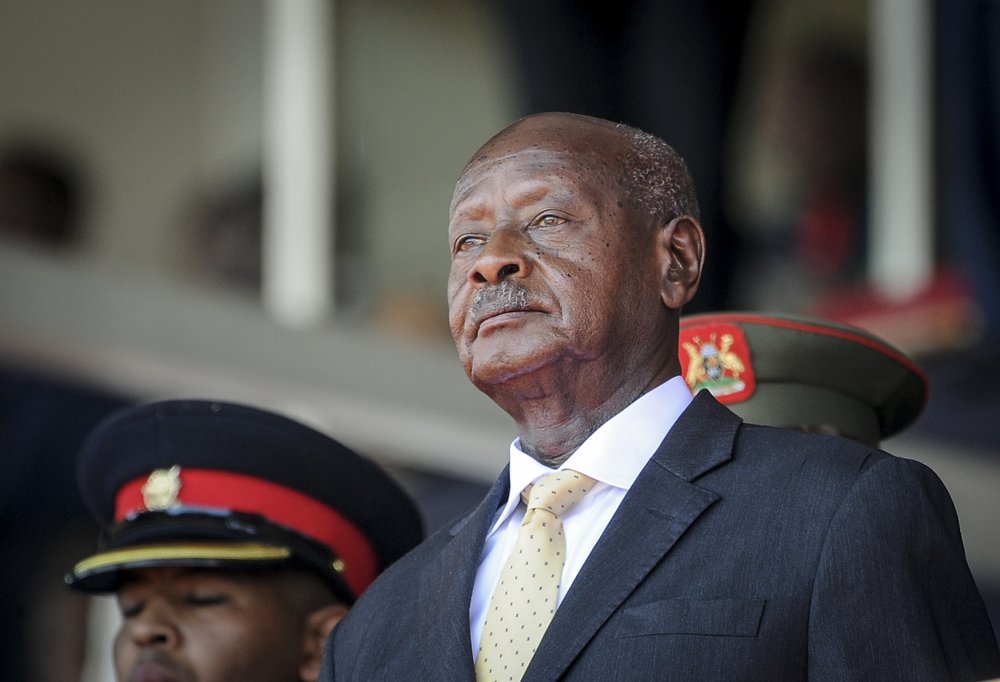The World Bank has decided not to provide new loans to Uganda following the enactment of an anti-gay bill earlier this year. The controversial legislation, signed into law in May, has faced strong criticism from rights groups and the international community.
A team from the World Bank was dispatched to Uganda to assess the situation after the law was passed. Their findings concluded that additional measures were necessary to ensure that projects align with the bank’s environmental and social standards.
In a statement released on Tuesday, the World Bank Group announced, “No new public financing to Uganda will be presented to our Board of Executive Directors until the efficacy of the additional measures has been tested.” The bank highlighted its commitment to protecting sexual and gender minorities from discrimination and exclusion in the projects it finances, noting that ongoing discussions with the Ugandan authorities will determine the way forward.
The anti-gay legislation in Uganda has sparked outrage due to its severe penalties, including the death penalty for certain homosexual acts. Despite widespread international condemnation, the law has gained strong support within the country, with Ugandan officials remaining defiant amid concerns of resource withdrawal from partners such as the World Bank.
The Ugandan finance authorities have yet to comment on the World Bank’s decision, as they have been actively seeking new funding from the country’s top multilateral lender in recent months.
The United Nations Human Rights Office has described the Ugandan law as “draconian and discriminatory,” warning that it could lead to systematic violations of LGBTQ+ people’s rights and others. The United States has also voiced concerns about potential economic consequences.
Although activists and some academics have challenged the law in court, it remains uncertain when hearings will begin. Homosexuality is criminalized in more than 30 of Africa’s 54 countries, highlighting the widespread discrimination faced by the LGBTQ+ community across the continent.
Despite the halt in new loans, the World Bank has emphasized its commitment to assisting all Ugandans, without exception, in their efforts to escape poverty, access essential services, and improve their lives.
The decision by the World Bank to suspend new loans to Uganda sends a strong message to the government, signaling that violating the rights of sexual and gender minorities will have consequences on the country’s international partnerships. This move will likely put pressure on Ugandan authorities to reconsider their position on the controversial anti-gay legislation.
In the meantime, the international community continues to call for the repeal of the law and the protection of the rights of all Ugandan citizens, regardless of their sexual orientation or gender identity. The World Bank’s decision is seen as a step towards promoting inclusivity and equality in Uganda and other countries where similar laws exist.
It remains to be seen how the Ugandan government will respond to the World Bank’s decision and whether it will result in any changes to the anti-gay law. The issue of LGBTQ+ rights will undoubtedly remain a contentious topic in Uganda and Africa as a whole until there is greater acceptance and respect for the rights and dignity of all individuals, regardless of their sexual orientation or gender identity.
Image Credit: AP News/John Muchucha, File





